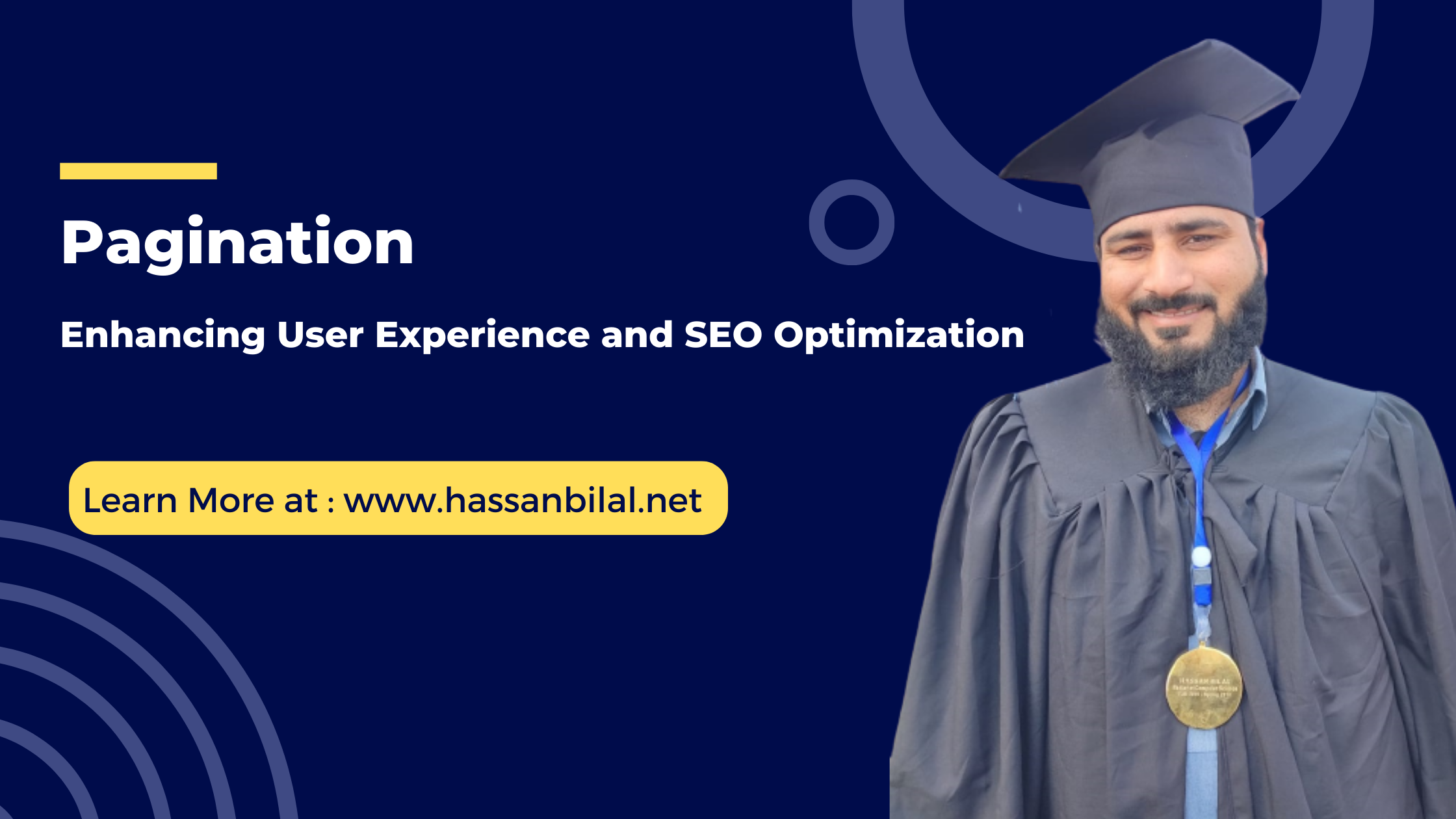Search Engine Optimization & Marketing
Pagination: Enhancing User Experience and SEO Optimization

Pagination refers to the process of dividing large sets of content into smaller, more manageable pages. In this comprehensive blog article, we will explore the significance of Pagination, its impact on user experience and SEO, and best practices to implement Pagination effectively on your website.
The Significance of Pagination
Improved User Experience
Pagination greatly enhances user experience by breaking down large sets of content into smaller chunks. Instead of overwhelming users with an excessively long page, Pagination allows them to navigate through content more easily. Users can conveniently access specific sections or pages of interest, making it simpler to find relevant information. By providing a seamless and intuitive browsing experience, Pagination encourages users to stay longer on your site, decreasing bounce rates, and increasing engagement.
Enhanced Website Performance
Implementing Pagination can significantly improve the performance of your website. By dividing content into smaller pages, you reduce the load time of individual pages, leading to faster page loading. This is particularly important for mobile users, as faster load times contribute to a better mobile experience. Improved website performance not only enhances user satisfaction but also contributes to better search engine rankings, as site speed is a crucial ranking factor.
Search Engine Crawling and Indexing
Pagination plays a vital role in search engine crawling and indexing. When content is paginated correctly, search engine bots can easily navigate through your website and index each page efficiently. This ensures that all your valuable content is discovered and included in search engine results, increasing your website’s visibility. Properly implemented Pagination also prevents search engines from seeing duplicate content issues, which can negatively impact your SEO efforts.
SEO Benefits
Pagination can have a positive impact on your SEO efforts when implemented correctly. By dividing content into multiple pages, you can optimize each page for specific keywords and phrases, increasing the likelihood of ranking for a broader range of search queries. Additionally, well-implemented Pagination allows search engines to understand the structure and organization of your content, improving the overall relevance and context of your pages.
Best Practices for Pagination
Choose the Right Pagination Style
Selecting the appropriate Pagination style for your website is crucial. There are various options available, such as numbered pagination, infinite scrolling, or load more buttons. Consider the nature of your content and the preferences of your target audience when deciding on the most suitable Pagination style. Ensure that the chosen style aligns with your website’s design and enhances the overall user experience.
Implement Rel=”next” and Rel=”prev” Tags
To assist search engines in understanding the relationship between paginated pages, implement rel=”next” and rel=”prev” tags in the header section of each paginated page. These tags indicate the sequence and relationship between pages, allowing search engines to treat paginated content as a coherent series. This helps prevent duplicate content issues and ensures that search engines correctly index all your paginated pages.
Include Proper Pagination Markup
Utilize proper HTML markup to structure your pagination. Use semantic HTML elements, such as <nav> and <ol> or <ul>, to indicate the pagination section. Each page link should be wrapped in an appropriate <li> or <div> element. This ensures that search engines and assistive technologies can understand the purpose and structure of your pagination navigation.
Implement Canonical Tags
To consolidate the SEO value of your paginated content, implement canonical tags on all paginated pages. The canonical tag points to the preferred version of a page, typically the first page in a series. This helps search engines attribute the SEO value of subsequent pages to the preferred page, preventing duplicate content issues and consolidating ranking signals.
Provide Clear Navigation and Indicators
Ensure that your pagination provides clear navigation and indicators for users. Include previous and next buttons or links, as well as page numbers or other indicators to show users their current location within the pagination sequence. Clear navigation and indicators make it easier for users to navigate through your content, improving their overall experience.
Conclusion
Pagination is a vital element in optimizing user experience and SEO performance on your website. By dividing content into smaller, more manageable pages, you enhance user engagement, improve website performance, and facilitate search engine crawling and indexing. Implement Pagination using the best practices discussed above, including choosing the right style, implementing rel=”next” and rel=”prev” tags, utilizing proper pagination markup, implementing canonical tags, and providing clear navigation and indicators. Embrace the power of Pagination to unlock the full potential of your website, providing users with a seamless browsing experience and optimizing your content for search engines. A well-implemented Pagination strategy sets the foundation for a successful website, balancing user experience and SEO optimization for maximum impact.
